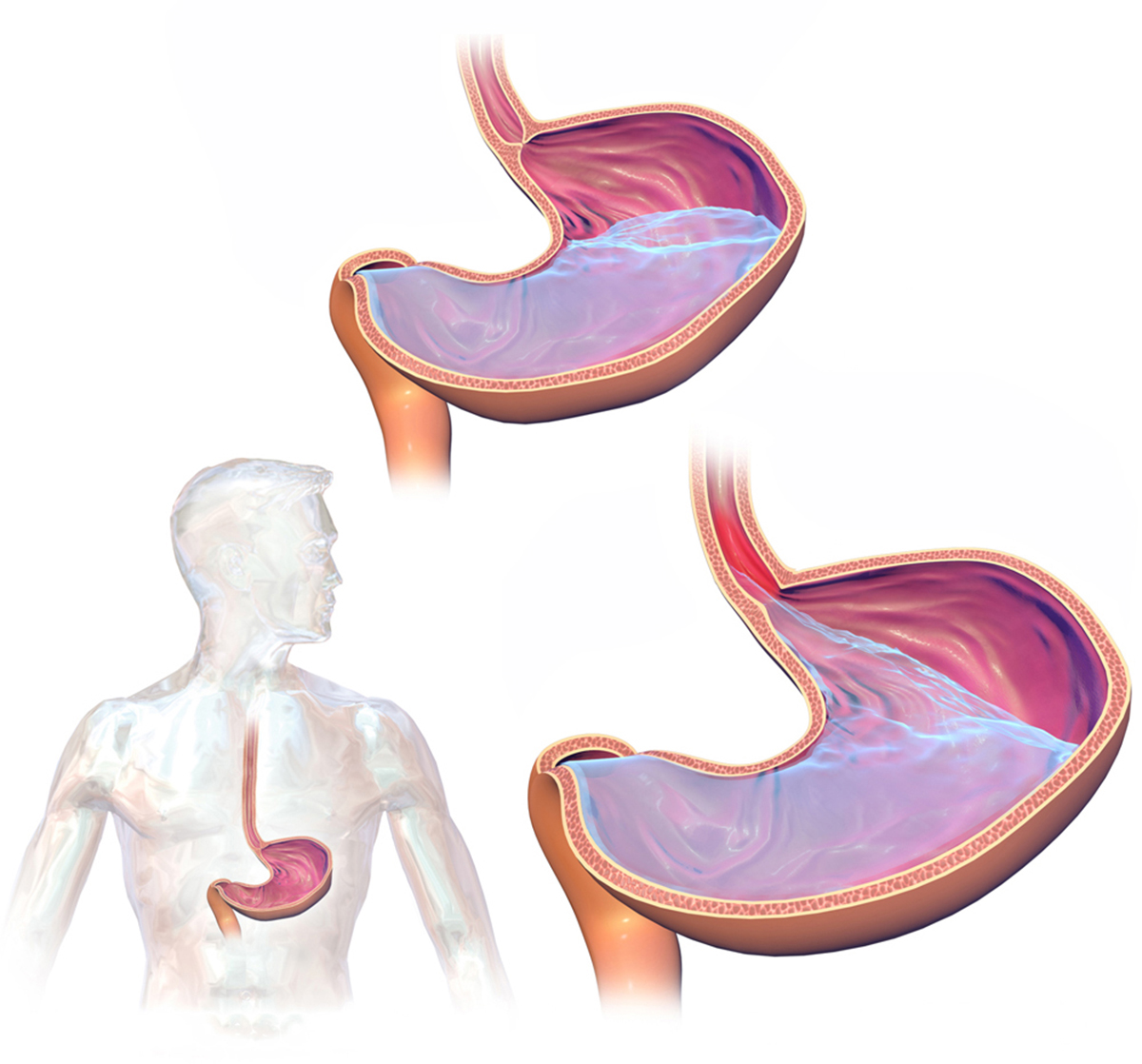
Esophageal cancer is a malignant disease of the esophagus. It originates from the cells that form mucous membrane of the esophagus. This cancer can occur sporadically. Additionally, it affects chronic alcoholics and smokers more than general population. Some medical conditions such as GERD or esophageal ulcers and even Barrett's esophagus increase the risk for esophageal cancer.
The problem with esophageal cancer is the fact that in majority of patients it is discovered in advanced stages of the disease. The tumor is cunning and it may affect surrounding tissue of the esophagus and only after some period of time symptoms such as problems with swallowing may occur. This tumor can easily spread into the nearby lymph nodes and organs and this is no good since such patients cannot be treated with surgery. Around 50% of all the patients can be operated the moment the diagnosis has been set.
There are three treatment modalities for esophageal cancer, surgery, chemotherapy and radiotherapy. Even a combination of these modalities is possible.
Surgery for Esophageal Cancer
The best possible option is operation because this way the tumor can be completely removed from the body. Operation also takes care of the surrounding lymph nodes.
The surgery can be curative and palliative. The first one is performed to eradicate the disease. Palliative surgery is performed in patients with advanced disease and the goal of palliative surgery is to alleviate the symptoms of the disease and to make easier for a patient to eat and drink.
In radical surgery, apart from the infiltrated esophagus the surgeon will resect and healthy parts of the esophagus above and below the tumor. Both the tumor and resected regional lymph nodes are sent for pathohistological examination. This way the doctors can stage the disease. Radical operation can be performed via thoracic cavity or via the transhiatal approach depending of the location of the tumor. Unfortunately, the surgery cannot be the only treatment modality in patients suffering from esophageal cancer. The patients additionally need to undergo radiotherapy or chemotherapy.
Radiotherapy and Chemotherapy for Esophageal Cancer
Radiotherapy can be additional treatment modality for esophageal carcinoma. If applied prior the operation it can reduce the size of the tumor and sterilize the lymph nodes. But radiotherapy carries significant risk of formation of fistula between esophagus and nearby organs, most commonly trachea.
Chemotherapy is another option in treatment of esophageal cancer. It can be applied in patients who cannot undergo surgical procedure or those with advanced disease. Chemotherapy can be also applied after the surgery.
Unfortunately, none of these treatment modalities can eradicate the disease. They can only prolong patient's life and sometimes alleviate the symptoms of the disease. Esophageal cancer is curable only if diagnosed in the early stage of the disease.





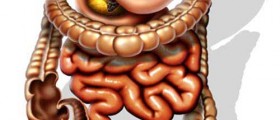



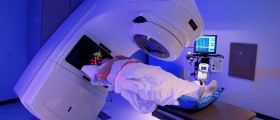



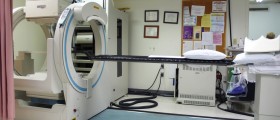

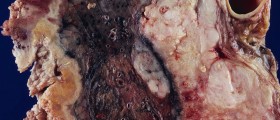
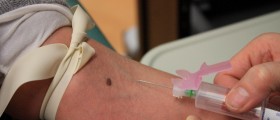
Your thoughts on this
Loading...